Syria attack not impressive enough!
(Baonghean.vn) - Former senior US officials expressed uncertainty about whether the strikes on Syria would achieve their intended goal of deterring the Assad regime from using chemical weapons. However, the strikes also sent some additional messages.
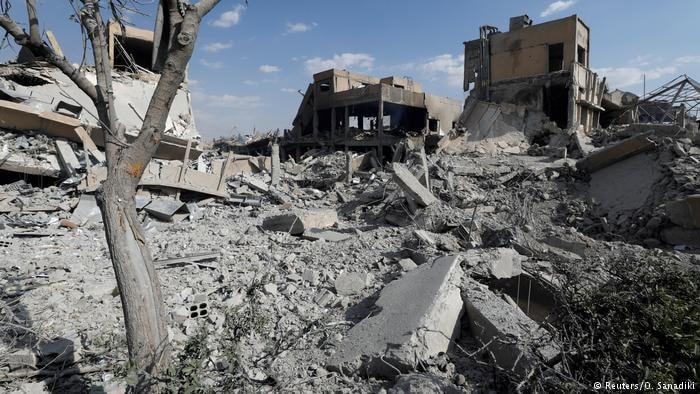 |
| Rubble at the Syrian Scientific Research Center after the attack on April 13. Photo: Reuters |
The Trump administration has made clear that its strikes against Syria’s chemical weapons program have one purpose: to prevent Syrian President Bashar al-Assad from using such weapons in the future, as he recently did in Douma, as the United States and other countries have accused him of.
The attack on the night of April 13th came a year after the US struck the Assad regime in a similar way, when Damascus was accused of carrying out a deadly chemical attack in the town of Khan Shaykhun. However, this time the US did not act alone, but together with its allies France and the UK, carried out more attacks than a year ago.
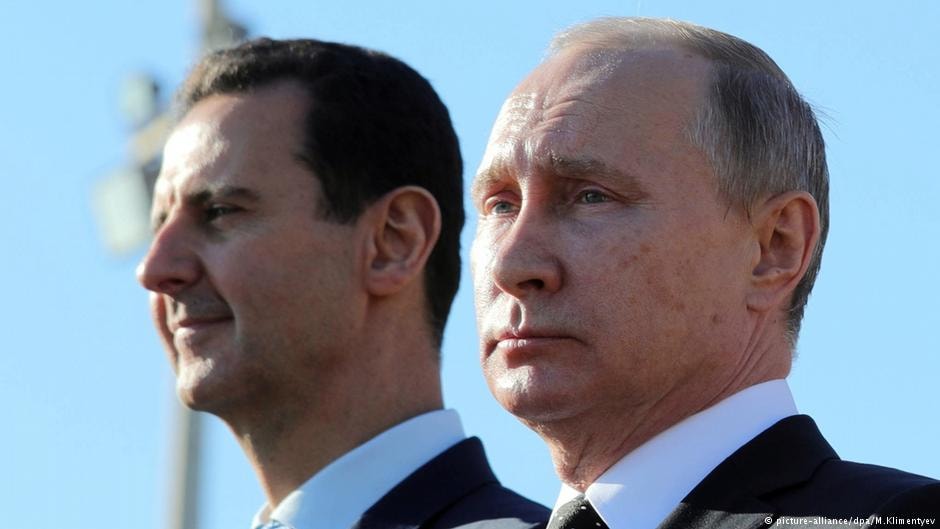 |
| Putin had the most influence on Syria's use of chemical weapons, not US strikes. Photo: dpa |
When the incident occurred, many observers saw the military move as more of a limited response than the larger-scale response that Trump had suggested. That led to the question: Will Assad get the message and stop using chemical weapons?
“I’m not impressed,” said Ryan Crocker, a former US ambassador to Syria who also represented Washington in Iraq, Afghanistan, and Pakistan. “We’re basically repeating the same thing we did a year ago on a slightly larger scale. But it’s not going to do any lasting damage to Assad’s ability to use chemical weapons in the future or anything else.”
“Whether this will stop him is an open question,” said Philip Breedlov, a former NATO and US military commander in Europe. “Remember, this Syrian leader enjoys the support and facilitation of capabilities and external political backing from Russia and Iran.”
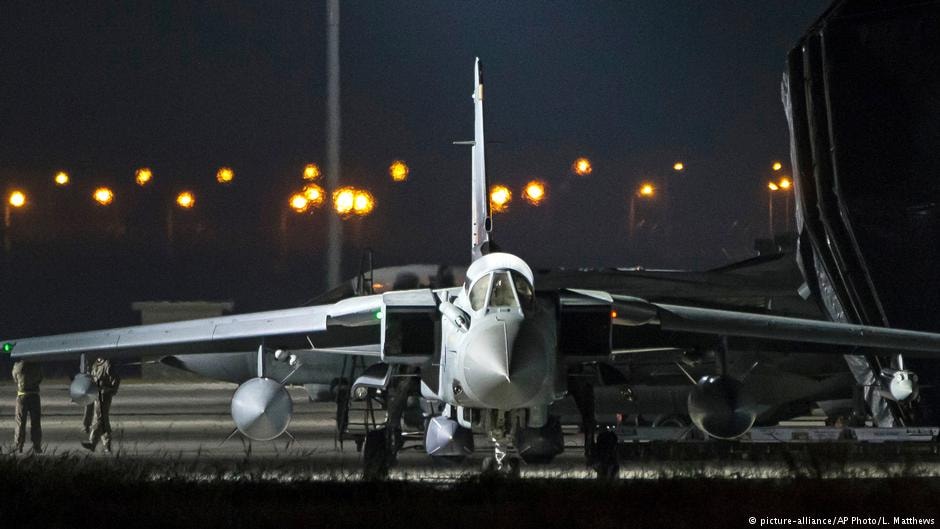 |
| The US was right to seek allies in the attack, but two allies is probably not a strong signal. Photo: AP |
Mona Yacoubian, a Syria scholar at the US Institute of Peace, said that while it is difficult to predict Assad’s response, changing his calculus would require actions that threaten the very foundation of his regime. “In that sense, these strikes are probably too limited to do that.”
All three experts emphasized the influence of Russia and Iran on the Assad regime.
“Remember, Assad is not responsible for all the things that are going on around him. He is enabled, empowered and encouraged by Russia and Iran,” Breedlove said.
“If they say don’t do it again, he probably won’t do it again,” Crocker agreed, referring to the possibility that Moscow and Tehran could control Assad’s use of chemical weapons.
“I’ll use Iran as a specific example,” the former US diplomat said, adding: “I can’t believe the Iranians are happy with this. They suffered a lot from chemical attacks in the Iran-Iraq war. They know what it’s like.”
Despite its bellicose tone, Russia may have no interest in escalating the conflict with the US over Syria and may be inclined to limit Assad's use of chemical weapons for its own reasons, according to Yacoubian.
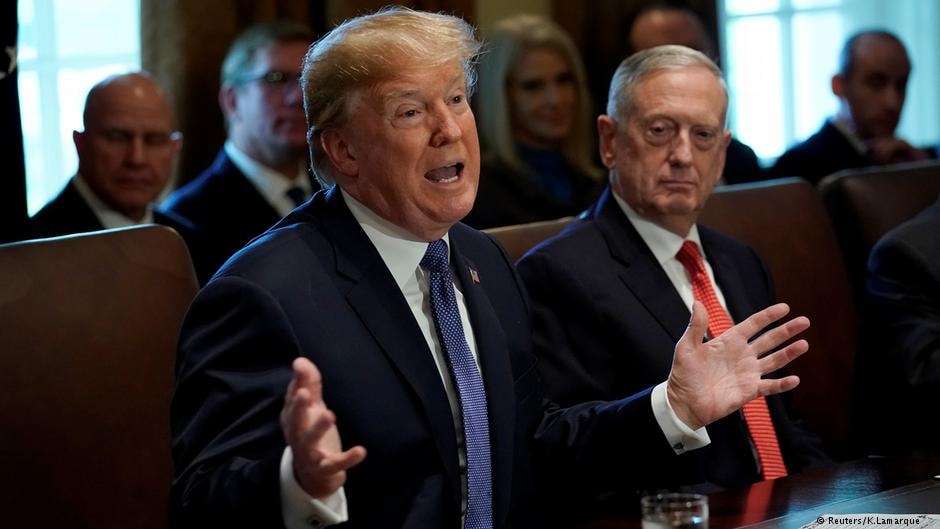 |
| Mattis is one of the few members of the US cabinet who has not yet tasted Mr. Trump's anger. Photo: Reuters |
Asked whether the US response could be seen as a sign that the Pentagon under Defense Secretary James Matttis was favoring a cautious and coordinated response, rather than the White House's initial call for quick action, the experts all dismissed such an interpretation, at least for now.
Crocker said the nature and execution of the attack showed that Matttis was now playing an important role. “It’s pretty clear that he can calm the president down in this moment. Not many people can do that,” the expert said.
Former NATO commander Breedlove, who has refused to get involved in political activities, praised Matttis and General Joseph Dunford, chairman of the US Joint Chiefs of Staff.
“What we saw here was two great military leaders giving advice to their boss, the commander-in-chief, and the commander-in-chief made a decision based on that advice. Frankly, I think they did the right thing.”
Experts wonder whether Trump will continue to heed the advice of his military leaders, especially with hardliner John Bolton becoming national security adviser.
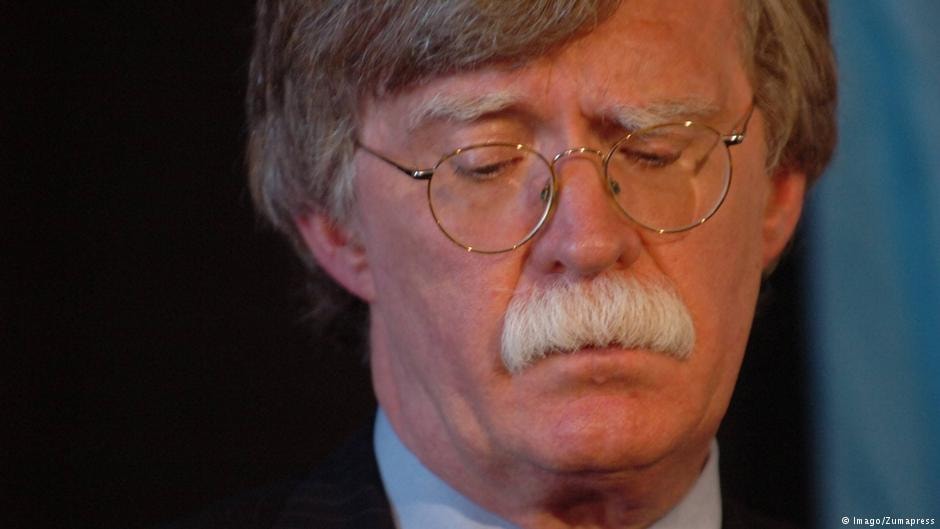 |
| Many wonder what role Bolton will play in shaping US foreign policy. Photo: Imago |
Of equal interest is whether Trump’s newly assembled team, consisting of Pentagon chief Mattis, Bolton and Mike Pompeo, soon to be confirmed as the new secretary of state, can address what former US ambassador to Syria Crocker calls the administration’s fundamental problem: “There is still no Syria strategy in Washington.”

